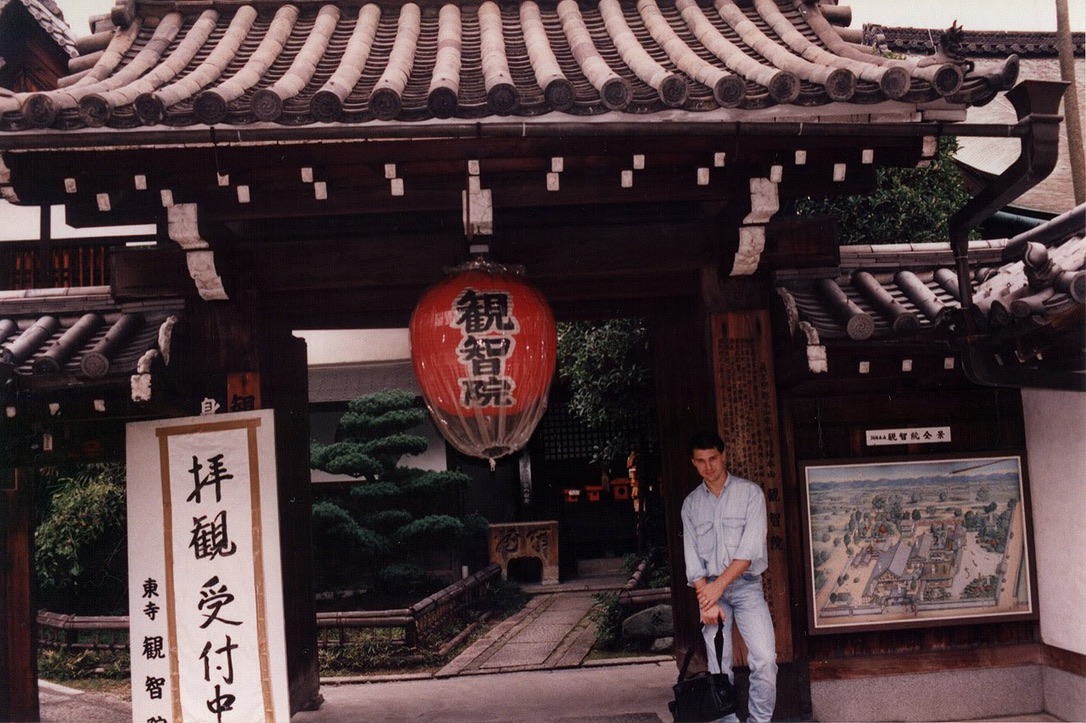In his book Go Rin No Shō (A Book of Five Rings), medieval Japanese sword master Musashi Miyamoto wrote a textbook of his approach to sword fighting to those who might wish to understand his philosophy of never losing in battle. His 400 year old book, written before anyone ever tried to establish any sort of assembly line or creative process, features several classic principles of Lean. Do nothing which is of no use is a call to action to focus.
Lean organizations and the people who adhere to Lean principles seek to focus on what is valuable and limit their attention to improve performance. An extreme example of life-long focus is an Olympic athlete. Olympians are not merely genetic anomolies who are capable of amazing athletic feats. Their abilities are the result of years, sometimes decades, of dedicated, focused practice to become great at one specific thing. Almost everything they do from training to eating to managing their free time centers around the creation of Olympic level athletic talent. They focus on one thing to get it right and become the best. As they are in competition with others who do the same, it is a necessity to compete on that level.
The same is true of great musicians. The greatest of them may have amazing genes that allow for musical genius, but the thousands of hours of focused practice using almost every possible opportunity to improve is part of becoming great.
You can even see this in people who achieve greatness in their careers. One does not become a great businessperson through part-time dabbling in business. Complete and total dedication to success is what is usually required to compete and win in business.
Greatness requires focus. The things that do not contribute to your goal must be minimized or eliminated. The things that will directly contribute to your goal must be maximized. It sounds extreme. At the highest levels of competition and greatness it often is. But the more we focus, the more likely we are to achieve a goal.
Distractions
Things that do not contribute to goals are distractions. They lead us to neglect what is really important. For a person wanting a great relationship with another person, a TV is a distraction while listening to and understanding each other is focus. While we do not need to focus to the extreme levels that championship level competition demands, the more we remove what isn’t working the better things go for us generally.
In an organization, there are often many distractions.
Low value work. There is often much low value work that is actively being produced that may tidy things up or otherwise deliver something that a powerful person would like, but it may not in the end help the organization achieve its goals. Not every idea needs to be expressed. Not every bug needs to be fixed. Not every problem needs to be solved. Some ideas, bugs, and problems cost more to handle than they cause through their existence. An eye toward cost and benefit serves us well there.
Too many things at once. Even though everything we are working on currently has some value, not all of it is of equal value. Statistical probability tells us that some smaller amount of the work will probably provide most of the value. Even though everything is valuable on some level, there are better margins in limiting our investment in only those things that are most valuable and setting the rest aside for later (or never).
Advanced Problem Solving. When an organization faces a problem and then solves it, they often do work to prevent the problem from ever happening again. The cost of these efforts can potentially be in excess of the cost of the problem reoccurring. It is important to reconsider and scrutinize every step in a process for value and ensure there are not additional costs being created by our attempts to prevent problems. For example, if we added a required approval to prevent a problem we had last year, but the approval slows us down costing us missed opportunities and delayed delivery to customers, perhaps the solution is worse than the problem.
The ability to focus on only the most valuable things is a superpower. A person does it to become a champion, and an organization can move the needle in that direction over time to improve quality, improve time to market, reduce overhead, and deliver better products that are what the customer wants.

As an example, watch a few episodes of Kitchen Nightmares with Gordon Ramsey. On this show, he visits a restaurant that is not doing so well, and he takes a look at what is going on and then makes recommendations to improve things. The failing restaurants, almost all of them, have large, widely varied menus with hundreds of possible dishes. Ramsey always tells them to focus and reduce the number of offerings they have. He instructs them to get good at a few things, reduce inventory in the cooler and the back office, reduce the number of pots and pans they have, and reduce the chaos and confusion of ordering for the wait staff. By focusing, these restaurants are given an opportunity to improve their quality, reduce costs, and reduce overhead costs caused by the large number of choices they have to support.
The Most Important Work
If focus is a strength, then what to focus on? The most important work is that which contributes to achieving our goals. I did not say “the most valuable” because too many people will interpret that as an endorsement of becoming a feature factory. A feature factory is an organization that only builds new features without ever doing the also important work of removing unused features, resolving technical debt, fixing expensive defects, and improving the process. All of these things can be important and contribute directly to the value of the product.
It is critical to consider the relative importance of work without merely considering immediate return on investment (ROI). To look at ROI only is to ignore the costs of not doing other work, the impacts of other work on the ability to deliver ROI, and the benefits to the business that are not directly revenue-generating.
Decide what few things are most important, focus on those, get them done, and then turn your attention to other things. This will reduce the amount of work currently in-process, freeing up the cognitive load of workers to do higher quality work, reducing the psychological pressure that kills innovation and induces defects, reducing the task-switching and overhead needed to coordinate so many competing priorities, and creating the availability that allows people to speed time to market by being immediately available to one another.
If Musashi Ran Product Development
What would Musashi do as a modern corporate leader having learned so many lessons from Lean while training to use a sword and actively fighting and winning repeatedly?
- Focus on what is most important
- Take your attention away from what is less important and neglect it
- Do the most important things very, very well
- Continuously improve your ability to do the most important things through observation, experience, experimentation, training, and feedback
- Win

The Complete Musashi: The Book of Five Rings and Other Works, translated by Alexander Bennett, Tuttle, 2018.


